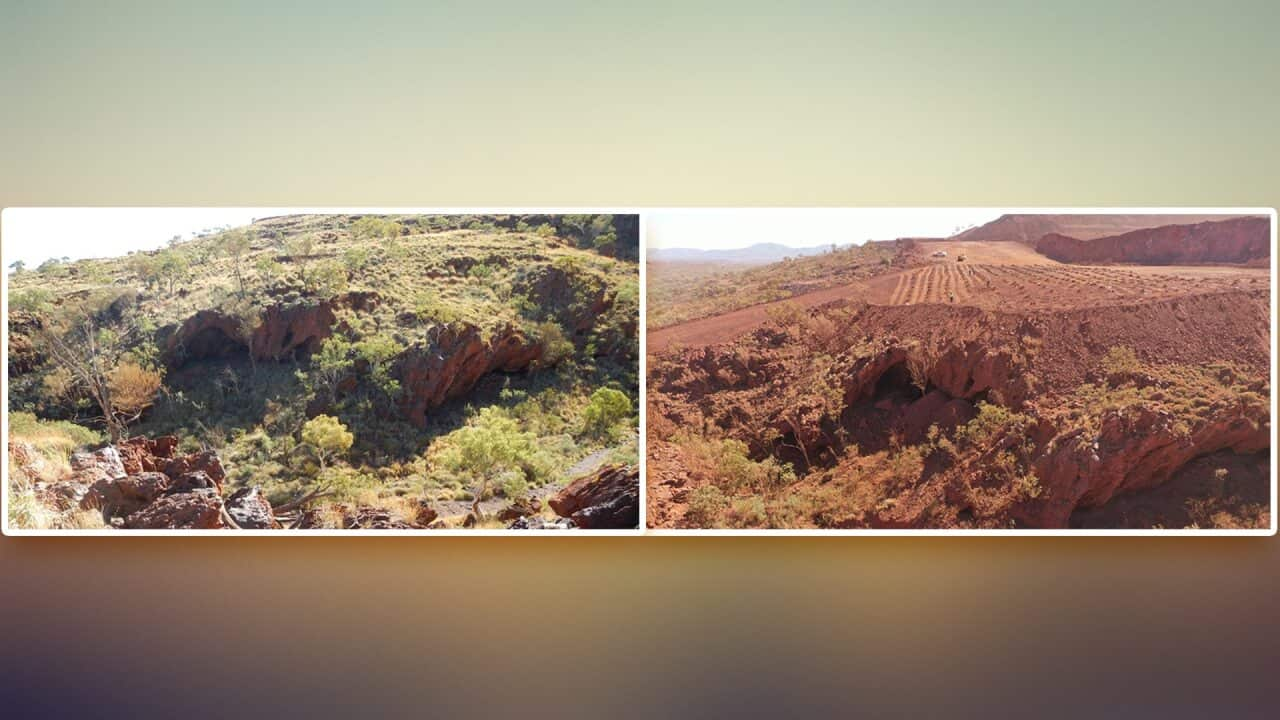A major review of Australia's environmental protection laws has recommended overhauling Indigenous engagement processes.
Professor Graeme Samuel has released an interim review of the Environment Protection and Biodiversity Conservation Act, highlighting duplication between state and federal approvals.
New national environmental standards will be developed to provide clear rules for the states. Professor Samuel says the standards are a priority.
"National environmental standards will provide certainty to the community and business, leading to more efficient assessments and decisions and less scope for challenge," he said on Monday.
The once-in-a-decade legislation review will continue over the next few months based on the areas highlighted in the interim report.
This includes Indigenous engagement, where Professor Samuel says there is a culture of "tokenism" - the practice of making only a small or symbolic effort to do a particular thing.
"The EPBC Act had failed to fulfil its objectives as they relate to Indigenous Australians," he said.
“Sustained engagement with Indigenous Australians is needed to properly co-design reforms that are important to them.
"Indigenous Australians want, and frankly they deserve, stronger protection of culture."
The failure to protect Indigenous culture has come under the spotlight with recent incidents such as Rio Tinto's blasting of the Juukan Gorge in Western Australia.
Mining giant Rio Tinto apologised to traditional owners in Western Australia's north after destroying a significant Indigenous site dating back 46,000 years. Environment Minister Sussan Ley and Indigenous Australians Minister Ken Wyatt will start a national engagement process to modernise the protection of Indigenous cultural heritage.
Environment Minister Sussan Ley and Indigenous Australians Minister Ken Wyatt will start a national engagement process to modernise the protection of Indigenous cultural heritage.

Rio Tinto detonated explosives in an area of the Juukan Gorge, destroying a significant Indigenous site dating back 46,000 years. Source: Supplied/Puutu Kunti Kurrama And Pinikura Aboriginal Corporation
The process will begin with a meeting of state Indigenous and environment ministers.
Other changes flagged by Professor Samuel included states being able to carry out environmental assessments on behalf of the federal government .
The federal government can step in if there's been a failure of adhering to the national environmental standards, and the minister will also have the power to intervene.
Professor Samuel said the current laws are ineffective and there is little trust in them.
"It cannot deliver outcomes for national environmental matters," he said.
"It's not fit for current or future challenges, it's inefficient, it's complex, it's costly, it's hard to navigate, it results in duplication with state and territory arrangements."
Conservation groups have been quick to condemn the federal government's response to Professor Samuel's review.
"Native animals don’t pay attention to state borders," said Rachel Lowry from World Wildlife Fund Australia.
"They need national protection and safeguards to ensure consistency and decision-making that places the future of Australia’s threatened species as a federal priority above state lines.
“Delegating enforcement powers to the states, who often find it harder to say ‘no’ to destructive developments, is a recipe for extinction."
Wilderness Society spokeswoman Suzanne Milthorpe said the review "outlines the catastrophic impact of twenty years of failure in Australia’s environment laws".




